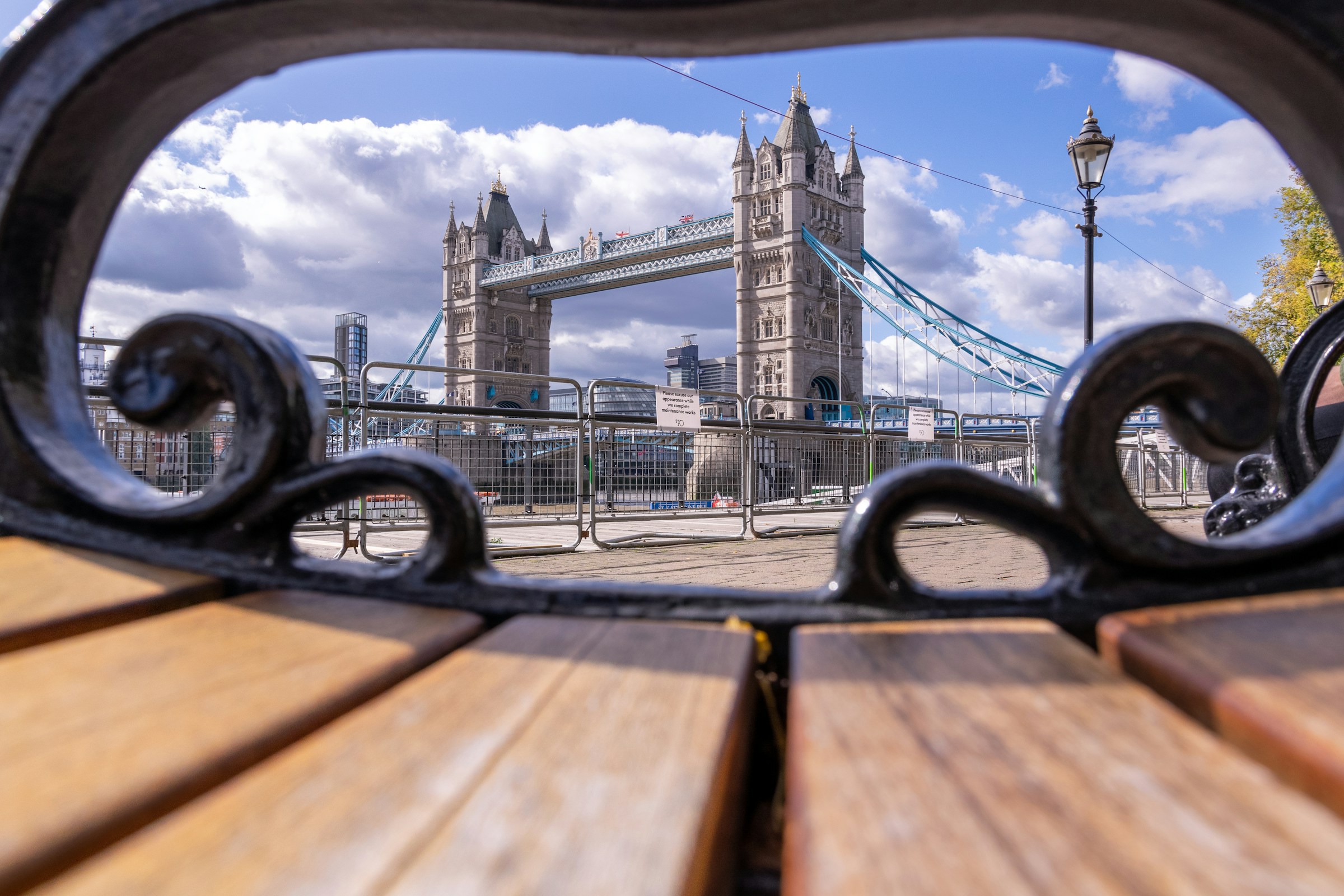Faith and public life
- In the last four weeks, 11% of Christian respondents prefer not to tell people about their faith compared with 22% of Muslim respondents, 29% of Hindus and 49% of Jews.
- 33% of Christians oppose talking about faith in the workplace, compared with 30% Muslim respondents, 43% of Hindu respondents and 35% of Jewish respondents.
- 50% of Christian respondents agree that politicians talking publicly about faith is a positive thing, compared to 65% of Muslims, 54% of Hindus and 63% of Jews.
- When asked if they agree of disagree that British politicians should listen to what faith leaders have to say on social and political issues, 52% of Christians agree, compared to 70% of Muslims, 50% of Hindus and 63% of Jews.

